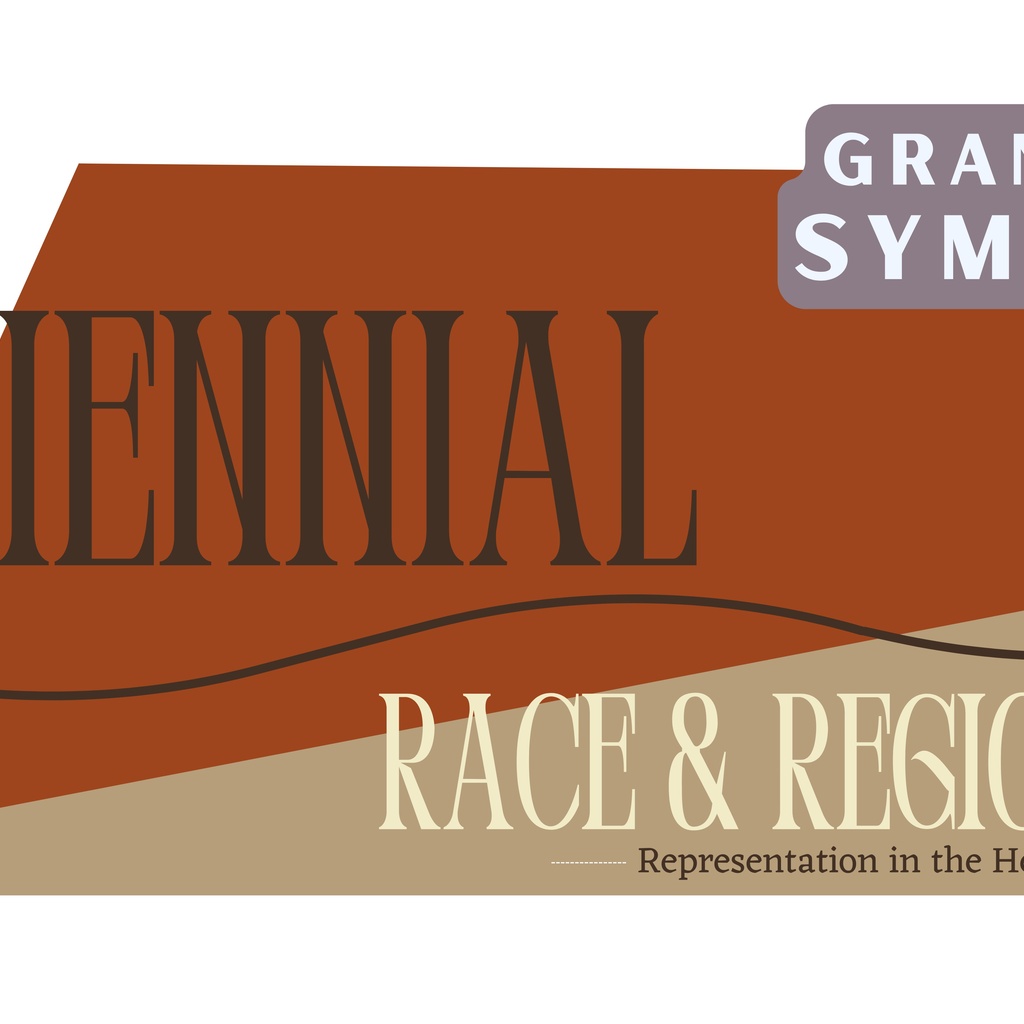
Scholars and artists from across North America will convene at the Seamans Center on the University of Iowa’s campus April 25-26 for the eighth biennial Grant Wood Symposium. By redressing the multivalent intersections between race and Regionalist art, this symposium endeavors to uncover new and perhaps unexpected answers about who is representing and represented in the American Scene. The program features four panel discussions, a film screening, and an exhibition visit.
Day one and two will feature engaging panels on this year’s theme. On Friday evening, attendees are invited to a screening of films by Christopher Harris and Cameron Granger, followed by a talkback with the filmmakers. This event is concurrent with the Stanley Museum of Art’s exhibition it’s a fine thing--a show centered on the Black Midwest and supported by the Terra Foundation for American Art. The symposium concludes with a reception at the Stanley Museum of Art, an opportunity to see it’s a fine thing, and a keynote from exhibition curator Katherine Simóne Reynolds.
Our theme emerges from Grant Wood’s own practices as an artist and educator. As one of the leaders of American Regionalism, Grant Wood characterized what he knew about the Midwest by exploring themes like the rural, the quotidian, and the domestic, and encouraged his students to do the same. His graduate student, Elizabeth Catlett, recalled the artist’s instruction at the University of Iowa: “First he said, ‘What are you going to do? It should be something you know most about.’ I decided to do a little Black girl ironing; I knew a lot about ironing.” Wood’s artistic output and teaching elevated a sensibility for everyday intimate moments encapsulating life in the heartland.
The term “heartland” typically conjures up the image of a bygone place through an exclusive nostalgia which so often fails to encompass how Black artists like Elizabeth Catlett and others came to advance the legacy of the American Scene and obscures the various pathways artists took through American Regionalism. Despite being socially constructed and often indeterminate, racialized identities of artists, models, and patrons affected the production and imaging of American life. Panelists will explore representation through the lenses of Chicano/a, Asian, and African American artists, dig deeply into Grant Wood’s own regionalist works, and provide discourse on current artistic practice.
The Grant Wood Symposium is free and open to the public. While not required, attendees are encouraged to register at grantwood.uiowa.edu/2025symposium or visit the site to obtain a full schedule of the weekend’s activities. Both in-person and virtual options are available.